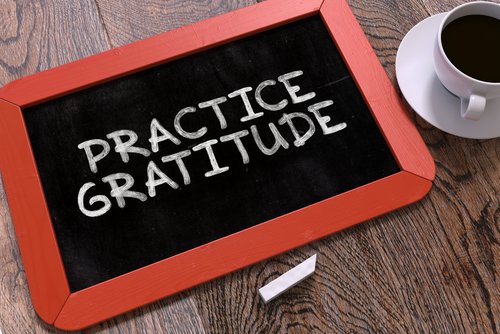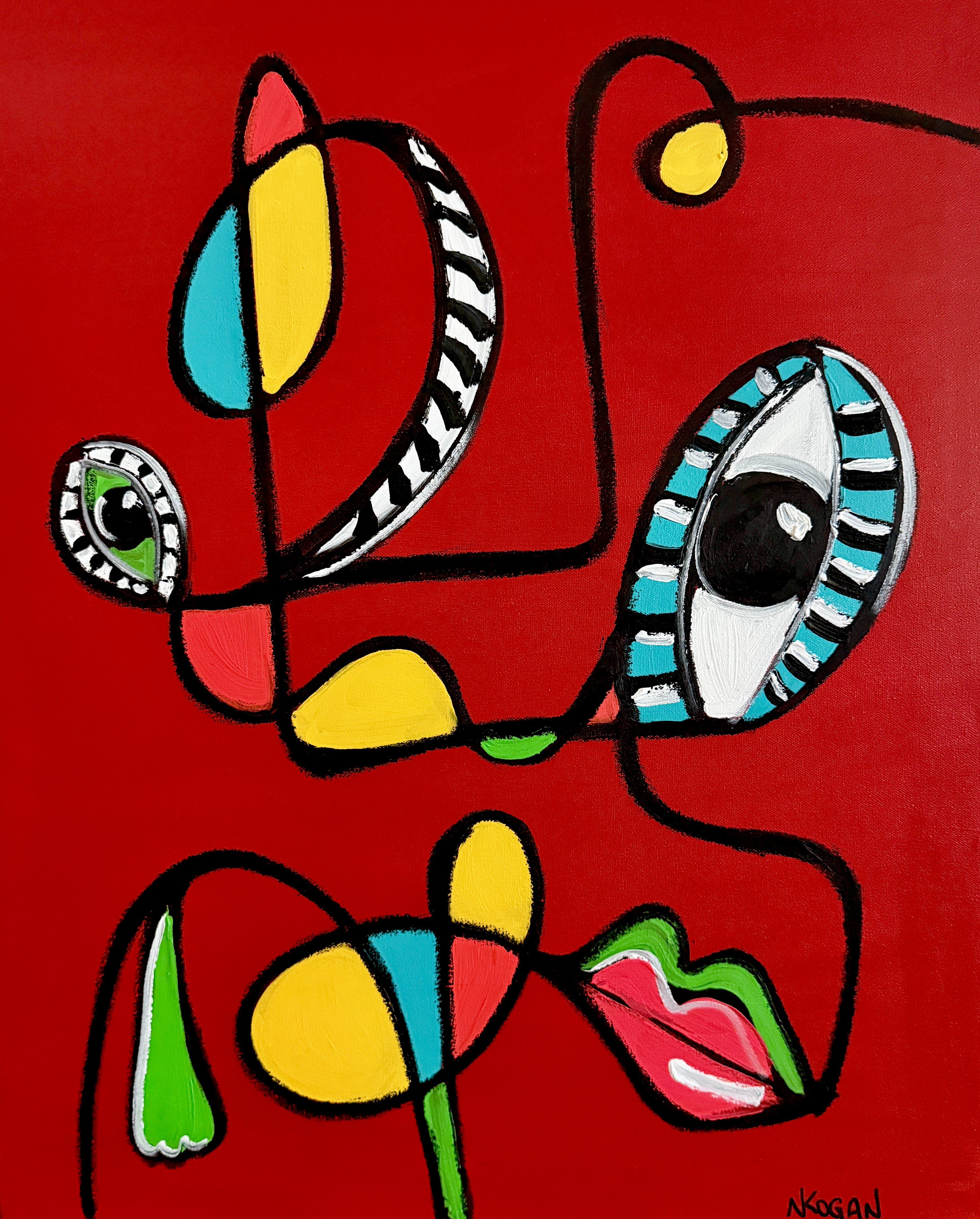

I have been studying happiness for the past seven years. I’ve read hundreds of research papers and books authored by brilliant scientists. I’ve also been a dedicated student of yoga, including its teachings for life off the mat, and other ancient Eastern traditions.
I even started a company to help other people learn and practice the simple yet profound practices that have fundamentally shifted my ability to find more joy in everyday moments and better manage stress. (Happier is that company, of course.)
But it wasn’t until I did something unexpected that I truly learned what it feels like to experience genuine, deep, unconditional happiness.
I had already been consistently practicing gratitude and it was such a powerful practice that it became the foundation for Happier.
I was a beginner meditator and was learning to approach my life more mindfully, to be in it rather than run through it.
Being intentionally kind towards others, including people I loved and strangers I met throughout my days, had become a non-negotiable daily habit.
Yet, it wasn’t until I did something that I feared for most of my life that changed my life.
What was it?
Acknowledging to others that I wasn’t always doing well and learning how to be okay with that.
For most of my life, I lived in fear of feeling bad.
If I allowed myself to feel what I called negative emotions I would get stuck in them forever, I thought. Worse, it would mean that I had failed at life. Ever since my family immigrated to the United States when I was 13 years old, I held onto my American Dream of becoming happy and making our struggles to come here as refugees worth it.
In my mind, happiness was this blissful state void of negative feelings and I tried many different ways to find it. First it was through achievements, which made me feel really great but never for a long time. Then I discovered the research behind gratitude and to this day it’s remained my favorite practice that helps me find more moments of peace, beauty, joy, and connection in my days.
But gratitude is not a Band-Aid. You can’t use it to cover up difficult feelings, which is what I tried to do for a while. Eventually, the bandage of gratitude fell off and that’s when I was forced to do something I had feared for so long:
Get real, get honest, and start to learn how to be okay with not feeling okay.
I won’t lie: That was the hardest thing I ever had to do.
But it was also the best thing. Because what I discovered as I began to acknowledge to myself, first, and then very slowly to people in my life that I often felt sad, doubtful, and even hopeless, was that I didn’t feel worse.
I felt better.
Research shows that when we simply acknowledge what we call our negative feelings, we experience them less intensely and for a shorter period of time. This has absolutely been my experience.
But something else happens, something amazing and powerful, when we acknowledge that we’re not okay to others and feel support from them:
We experience psychological safety.
The term ‘psychological safety’ is most often used when talking about teams at work. Here’s how Amy Edmonson, a Harvard Business School professor who introduced this idea, defines it:
“Psychological safety describes a team climate characterized by interpersonal trust and mutual respect in which people are comfortable being themselves.”
Psychological safety means that members of a team have a shared belief that they can be real and honest with each other, that they can express their ideas and emotions without the fear of being humiliated.
But we’re part of many teams in our lives, including at work and outside of work. A family is a team. A couple is a team. A group of friends is a team. So is a book club or a church group. When we are able to feel that we can be ourselves, including by sharing honestly that we don’t always feel good, happy, or upbeat, we feel more psychologically safe.
It feels amazing to be able to release the pressure to always seem happy and share with someone you trust that you’re not doing great. But it does so much more than that.
Learning how to be okay with not always being okay reduces our fear of feeling bad and allows us to enjoy the good that we do have with more depth and freedom. It helps us to create more genuine and closer relationships with people in our lives because they are based on honesty and authenticity.
It even helps our various teams to function better! In one powerful example, Google conducted a five-year study into team performance and found that the most significant factor in whether a team performed better than others was psychological safety.
I won’t sugarcoat it: Getting honest and sharing our not okay feelings with others is difficult. It requires vulnerability, sharing a piece of ourselves without knowing what we will feel in return. It requires courage and trust.
But as I have learned through my own experience, we can’t truly feel happy unless we learn to do it. We can’t feel a kind of lasting happiness we all crave without feeling some psychological safety in the different teams in our lives.
So how do you begin?
My answer is both simple and challenging: The only way to begin is to get honest about not always being okay with people in your life.
Take baby steps. Share a little bit at first, so you can begin to trust your ability to do it and find the support you need to continue to be more honest.
I remember “trying out” this practice on a few people who weren’t very close to me, just to see how they would react. It felt like a lower risk approach than telling my closest people.
Surprisingly, no one ran away or called me a failure. Quite the opposite: People usually shared something vulnerable about themselves or told me how refreshing it was to hear someone tell them that they didn’t feel great.
Not every team in your life will be ready to develop psychological safety. Not every person you might share your not feeling okay will be supportive. There will be stumbles on your journey and they will be challenging.
But I want to arm you with two ideas that you can use to fuel your continued commitment to not having to pretend to always put on a happy face:
Every time you share honestly about how you feel, you get to put down a little bit of the weight you’re carrying around. No one needs to pick it up – simply releasing a little bit of your own inner pressure will feel really good.
And perhaps more important, when you find the courage to share your feelings more honestly with others you’re giving them a gift. Social behavior is contagious -- including happiness! Your honesty will help other people in your life feel like they can be more honest with you when they don’t feel okay. You can be the spark that starts the cycle of increasing psychological safety in your life, not just for yourself, but for people who are part of your many different teams.
And that’s pretty freaking amazing.
Don't miss your happier boost!
Subscribe to our weekly email to get practical tips and inspiration to help you feel more joyful and resilient.


